For tech lovers around the world, Apple’s yearly product launches are as eagerly anticipated as a holiday. OK, so maybe Apple’s 2021 “Spring loaded” event wasn’t universally loved—not everyone wants a purple phone or a red iMac. However, the big news at the last event wasn’t the colorful tech, but what was inside of it—a new iOS 14.5 with new privacy policies that will likely be a hit with consumers and a dent in advertising performance.
IDFA, or Identifier for Advertisers, was first launched by Apple in 2012 as part of iOS 6. Its default setting was “on”, meaning it automatically enabled app developers to collect and track user data to deliver personalized ads. If a user didn’t want this, they could of course opt-out . . . if they even knew it existed and they could find it in their settings. (If you want a deeper dive into how IDFA works, head over to our IDFA 101 explainer!)
But with iOS 14.5, Apple has turned the tables. IDFA is no longer automatically “on” or hidden in settings. When users update to this new operating system, they’ll notice that every time they open an app, they’ll have the easy option to decline IDFA tracking. Not surprisingly, data from Flurry Analytics shows that as of May 9, only 6% of users are opting in to app tracking, leaving the advertising industry in a panic. How can they demonstrate campaign success and value without all that data?
Facebook in particular has been extremely vocal about the changes to IDFA and how the privacy measures are in fact bad for both users and even small businesses. Small businesses rely on the use of data for targeting their audiences to help grow their business. Users that frequently visit their favorite publication may see a shift from content being free, to more paid subscriptions or in-app purchases to make up for lost advertising revenue.
Facebook's campaign is primarily to drive awareness of the potential fallout that Apple’s changes may cause, but that's not to say that they haven't already taken steps to get ahead of these changes. Just days after Apple confirmed the changes to iOS, Facebook announced that their advertisers can now use In-Stream Video topics to target their audiences. This solution helps advertisers find content that is contextually relevant with their target audience and is part of a growing industry trend of new targeting solutions that don't rely on personal data.
As users continue to demand more privacy and improved transparency the industry will suffer, and it's not just advertisers that should be concerned. The change seems especially grim for publishers that rely on advertising to monetize their content. In a press release, Facebook predicted that publishers could see their ad revenue from Apple devices drop as much as 50%. The loss in revenue could ultimately force smaller publishers to move away from their apps, or close up shop and cut their losses entirely.
All in all this seems like bad news for advertisers and publishers, but these kinds of restrictions and changes often inspire new innovations. Kargo is working now with its partners to create solutions around contextual targeting, article sentiment, site lists and more that could help advertisers keep reaching their audiences without jeopardizing data laws or consumer trust. They could prove so effective, we won’t miss cookies or the IDFA.
You can read more about Kargo’s Contextual Targeting solution on our blog, or reach out to learn more about Kargo’s Contextual Suite!


